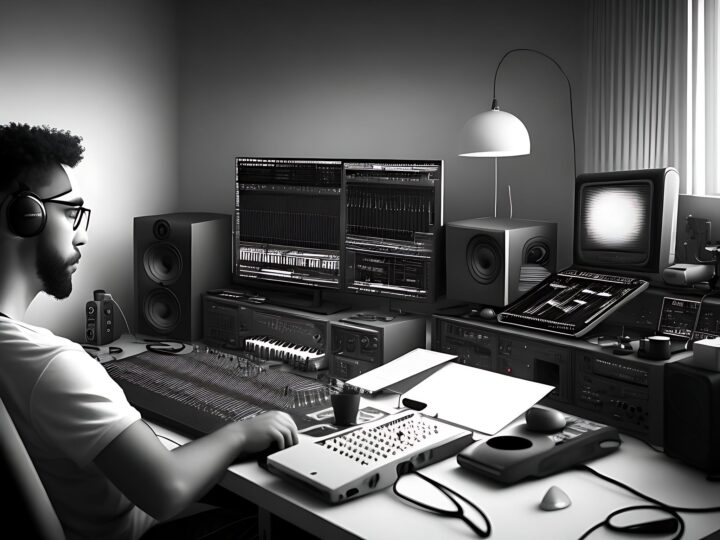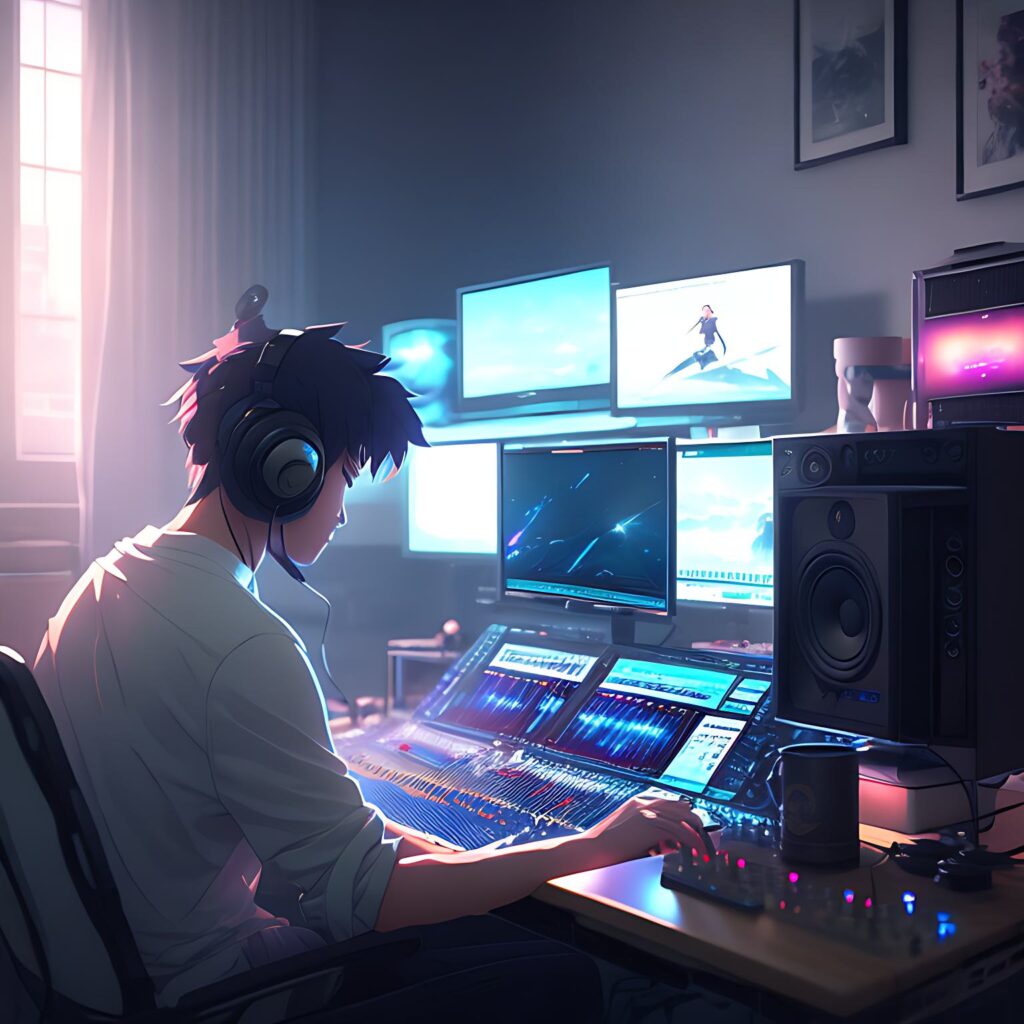
The Evolution of Samples in Music Production: How Producers Use Them to Create Hits
Sample packs have become an essential tool in the music production industry, enabling producers to access a vast library of pre-recorded sounds and loops that they can use to experiment and create. While some critics view sample packs as a shortcut to creativity, the reality is that they have been a vital part of music production for decades.
MP3 MAG explores the history of sample packs and how producers use them to create hits without much manipulation.
The Origins of Using Samples and Sample Packs
In the early days of sampling in music production, producers used to sample from vinyl records, tapes, and other sources to create their sample libraries. For this reason, many of the first sample packs had their limitations, such as limited sounds, low quality, and high cost.
Advancements in technology such as the introduction of digital audio workstations (DAWs) made it easier to manipulate and organize samples. The emergence of online marketplaces made it even easier to access and distribute sample packs to producers around the world.

How Producers Use Samples / Sample Packs in Their Music
Very commonly, producers use sample packs in their music production process. This affords producers the ability to save time, access a diverse range of sounds, and manipulate them in various ways to create unique tracks of their own. In short, sample packs are one of the many modern tools available to producers today.
Moreover, producers chop, pitch, reverse, and layer these samples as well as their own creations to create unique soundscapes and textures. This flexibility allows producers to experiment with different ideas and sounds, enabling them to craft unique tracks that stand out from the crowd.
It’s standard practice that producers must adhere to not only legal but ethical considerations surrounding the use of samples. Obtaining the necessary rights and permissions to use samples is necessary to avoid legal issues and to support the artists whose work is being sampled — artist-to-artist support that is also being generated in purchasing sample packs in the first place.
Examples of Hit Songs Created Using Samples
Sample packs have been used to create some of the most iconic and influential tracks in music history. From Daft Punk’s “Harder, Better, Faster, Stronger” (which sampled Edwin Birdsong’s “Cola Bottle Baby”) to J Dilla’s pioneering use of samples in hip-hop beats, sample packs have enabled producers to push the boundaries of music production and create groundbreaking tracks that have shaped entire genres. Sample packs have also contributed to the rise of new genres, such as trap music, which rely heavily on samples in their production.
Edwin Birdsong’s “Cola Bottle Baby” (Sampled on Daft Punk’s “Harder, Better, Faster, Stronger”)
Daft Punk’s “Harder, Better, Faster, Stronger”
Ashanti’s “Only U” (Sampled on Tiesto, The Chainsmokers “Split (Only U)”)
Tiesto, The Chainsmokers “Split (Only U)”
Korn’s “Twist” (Sampeld on Yheti’s “Twisted Korn Flip”)
Yheti’s “Twisted Korn Flip”
A-hah’s “Take on Me”(Sampled on Pitbull’s “Feel This Moment”)
Pitbull, Christina Aguilara’s “Feel this Moment”
Bettye LaVette’s “Let Me Down Easy” (Sampled on ODESZA’s “The Last Goodbye”
ODESZA’s “The Last Goodbye”
Billie Holiday’s “Solitude” (Sampled on Pretty Lights’ City of One)
Rihanna’s “Disturbia” (Sampled on Pretty Lights’ City of One)
Wu-Tang Clan’s “C.R.E.A.M.” (Sampled in Pretty Lights’ City of One)
Pretty Lights’ “City of One”
Daft Punk’s “One More Time” (Sampled on Drake’s “Circo Loco”)
Drake & 21 Savage’s “Circo Loco”
Tweet & Missy Elliott’s “Oops (Oh My)” (Sampled on Wreckno’s “Honey Drip”)
Wreckno’s “Honey Drip”
The Isley Brothers’ “Between the Sheets” (Sampled on The Notorious B.I.G.’s “Big Poppa”)
The Notorious B.I.G.’s “Big Poppa”
Talking Heads’ “Psycho Killer” (Talking Heads’ “Psycho Killer” (Selena Gomez’s “Bad Liar”)
Selena Gomez’s “Bad Liar”
In many cases, the creative use of samples has allowed producers to add new dimensions and complexity to their tracks, resulting in a diverse range of sounds and styles that we get to enjoy everyday in the streaming era.
Sample packs have come a long way since their inception, and they are now an indispensable part of music production. It’s crucial for producers to recognize the ethical and legal considerations of using samples in their music and to use them creatively, but as technology continues to advance, it’s exciting to imagine how sample packs will evolve and influence the music industry in the future.
Stream our a list of tracks and the samples they use below:





